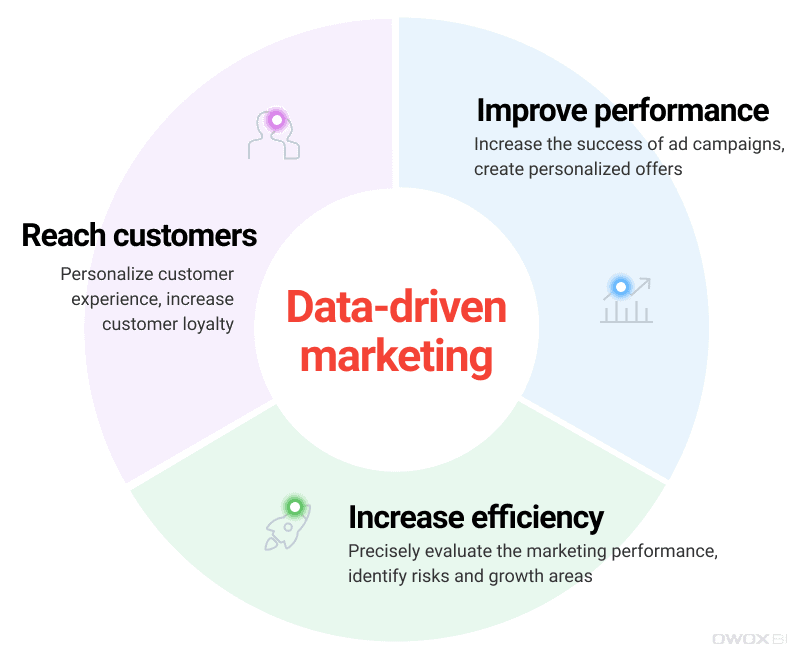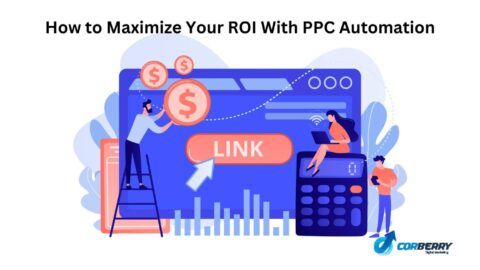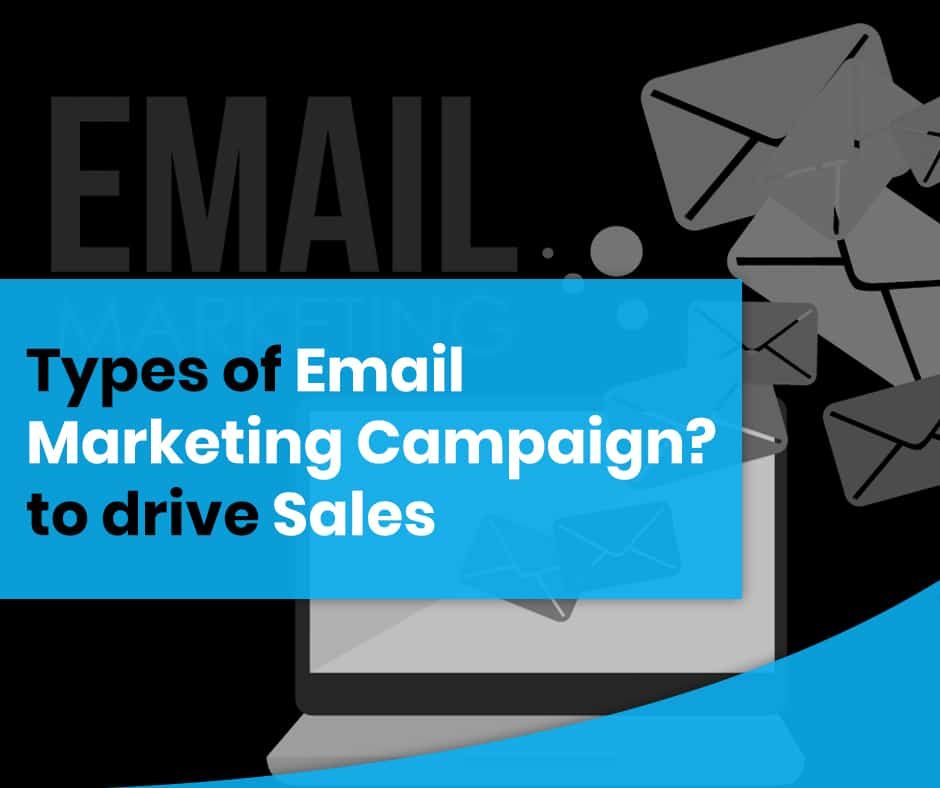Influencer marketing has emerged as a powerful tool in the digital age, allowing brands to connect with their target audiences in a more authentic and organic way. By leveraging the influence of individuals who have a dedicated following, brands can tap into their audiences and spread their messages far and wide. In this article, we will explore the concept of influencer marketing and discuss its effectiveness in bridging the gap between brands and audiences.
What is Influencer Marketing?
At its core, influencer marketing involves collaborating with influential individuals who have a significant following on social media platforms. These individuals, also known as influencers, have the power to sway the opinions and behavior of their followers through their content. Influencer marketing aims to leverage this influence to promote a brand’s products or services.
Benefits of Influencer Marketing
1. Increased Brand Awareness
One of the key benefits of influencer marketing is its ability to increase brand awareness. By partnering with influencers who already have a loyal audience, brands can expose themselves to a larger and more targeted group of potential customers. This exposure can lead to increased brand visibility and recognition, helping the brand to stand out in a crowded marketplace.
2. Improved Credibility and Trust
Consumers trust recommendations from individuals they admire and follow. Influencers often have a strong relationship with their audience, built on trust and authenticity. When an influencer endorses a brand or product, their followers are more likely to view it as a genuine recommendation rather than a traditional advertisement. This endorsement can significantly enhance a brand’s credibility and trustworthiness.
3. Highly Targeted Campaigns
Influencers cater to specific niches and interests, making influencer marketing highly targeted. Brands can partner with influencers whose audience closely aligns with their target demographic, ensuring their message reaches the right people. This targeted approach can yield higher conversion rates, as the audience is already pre-disposed to be interested in the brand’s offerings.
4. Increased Engagement
When brands collaborate with influencers, they tap into an existing community of engaged followers. Influencers have built strong relationships with their audience, resulting in high levels of engagement on their content. By associating with influencers, brands can drive likes, comments, shares, and overall engagement, creating a ripple effect that expands their reach even further.
Implementing a Successful Influencer Marketing Strategy
1. Identify the Right Influencers
The first step in implementing influencer marketing is to identify the right influencers for your brand. Look for individuals who align with your brand values, target audience, and industry. It’s important to choose influencers who have an engaged following and a genuine connection with their audience.
2. Build Relationships
Once you have identified potential influencers, focus on building relationships with them. Engage with their content, share their posts, and interact with their audience. Building a genuine connection with influencers can help establish trust and increase the likelihood of a successful collaboration.
3. Set Clear Goals and Metrics
Before launching an influencer marketing campaign, it’s essential to set clear goals and metrics to measure success. Whether it’s brand awareness, sales, or engagement, define your objectives and track them throughout the campaign. This data will help evaluate the effectiveness of your strategy and make necessary adjustments to optimize results.
4. Create Compelling Content
Collaborate with influencers to create compelling content that resonates with their audience and aligns with your brand’s message. The content should be authentic, engaging, and subtly incorporate the brand’s products or services. This approach ensures the promotion feels natural and not forced.
Conclusion
Influencer marketing has become a vital component of brand marketing strategies. By connecting brands with their target audiences through influential individuals, this form of marketing offers numerous benefits such as increased brand awareness, credibility, targeted campaigns, and higher engagement rates. However, it’s essential to implement influencer marketing with a well-planned strategy that identifies the right influencers, builds relationships, and creates compelling content. When executed effectively, influencer marketing can yield impactful results and bridge the gap between brands and audiences in the digital landscape.



